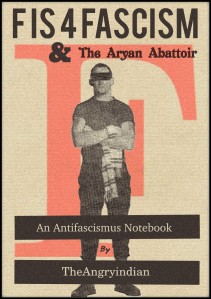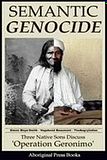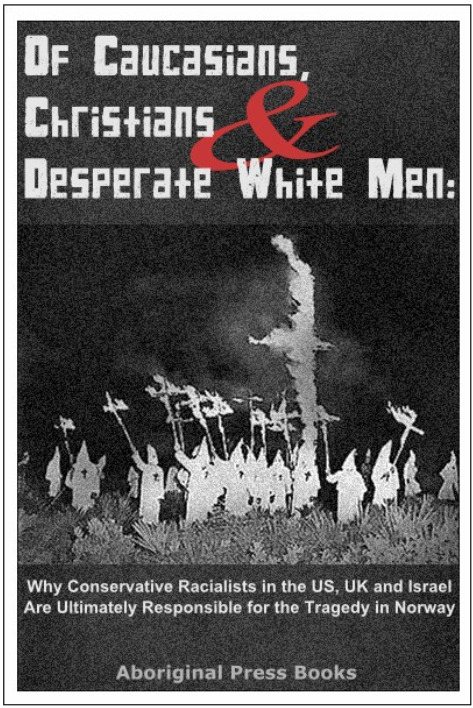The Trouble With Steven Spielberg’s ‘Lincoln’ | The Nation: Daniel Day Lewis deserves the Oscar for best actor for his wonderful portrayal of Lincoln in the new Steven Spielberg movie. But while the acting is great, there’s a problem with the film: it is dedicated to the proposition that Lincoln freed the slaves. Historians say that’s not quite right. The end of slavery did not come because Lincoln and the House of Representatives voted for the Thirteenth Amendment.
The best work I know about the end of slavery is Eric Foner’s unforgettable book The Fiery Trial: Lincoln and American Slavery, published in 2010, which won the Pulitzer Prize, the Bancroft Prize and the Lincoln Prize. Foner and many other historians over the last couple of decades have emphasized the central role played by the slaves themselves, who are virtually invisible in this movie. During the three weeks that the movie deals with, Sherman’s army was marching through South Carolina, where slaves were seizing plantations. They were dividing up land among themselves. They were seizing their freedom. Slavery was dying on the ground, not just in the House of Representatives. You get no sense of that in the movie.






















Recent Comments